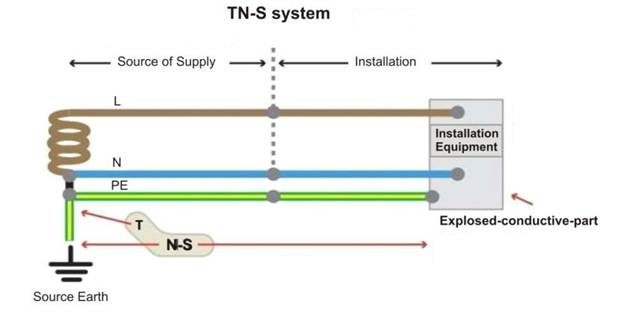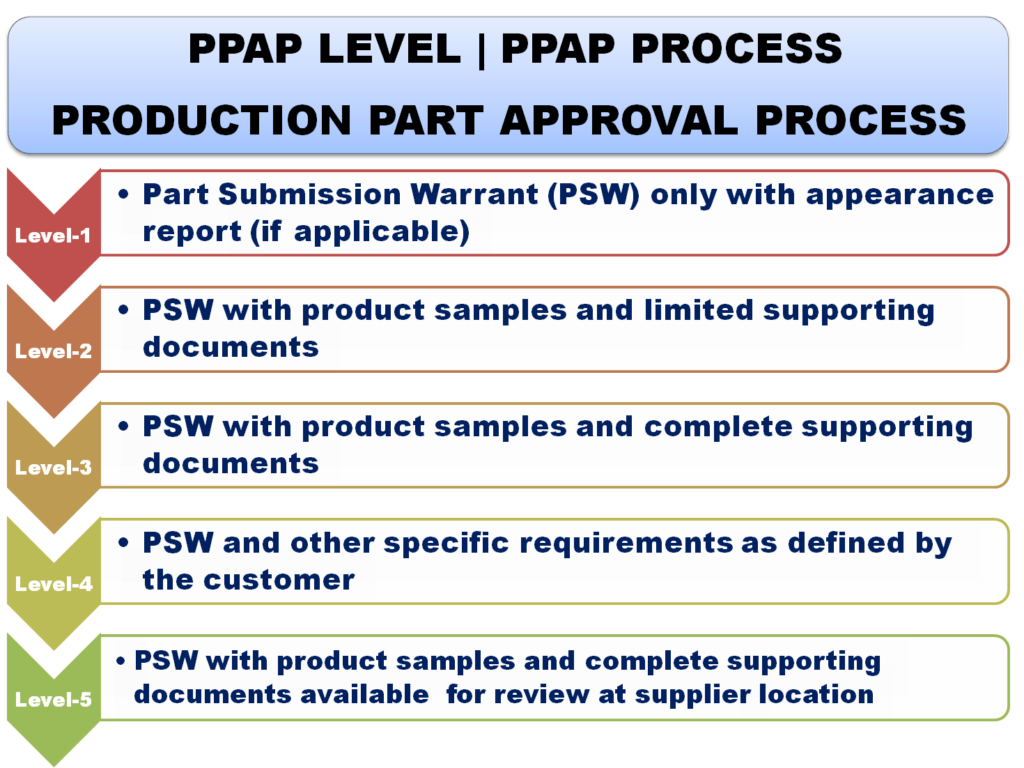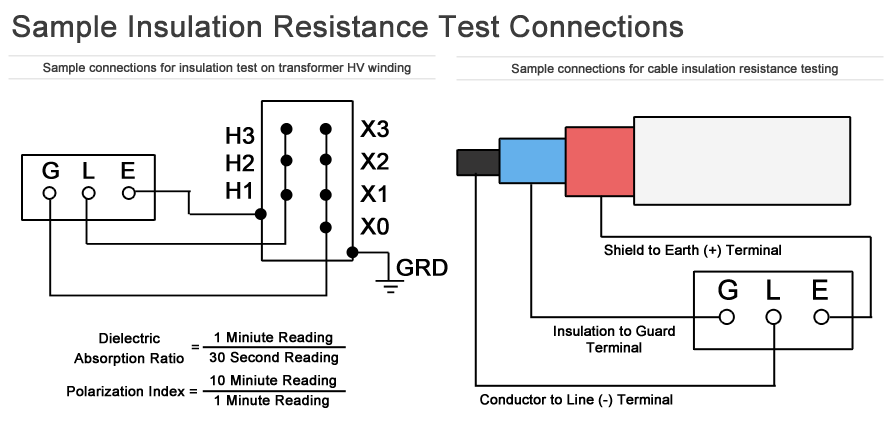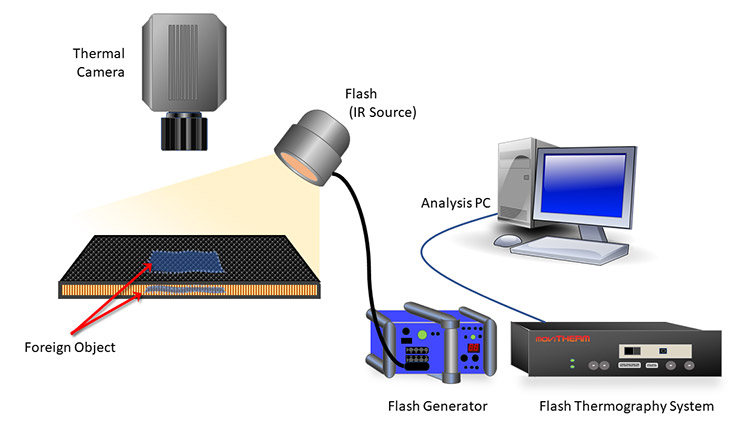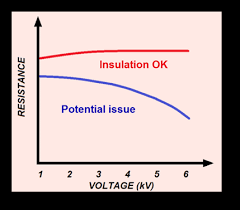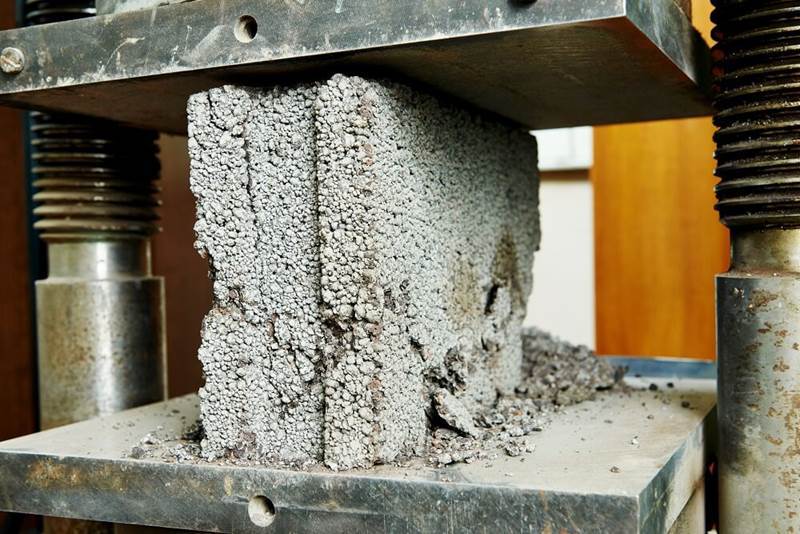Overview:
Low Voltage Bus Bars for Switchgear entail specialized electrical conduits designed to efficiently distribute power at lower voltage levels within switchgear systems. These customized bus bars are crafted to meet the specific requirements of switchgear applications, facilitating reliable and efficient power transmission while ensuring safety and optimal system functionality. Continue reading “Low Voltage Bus Bars for Switchgear: Tailored Electrical Conduits for Optimal Power Distribution”

